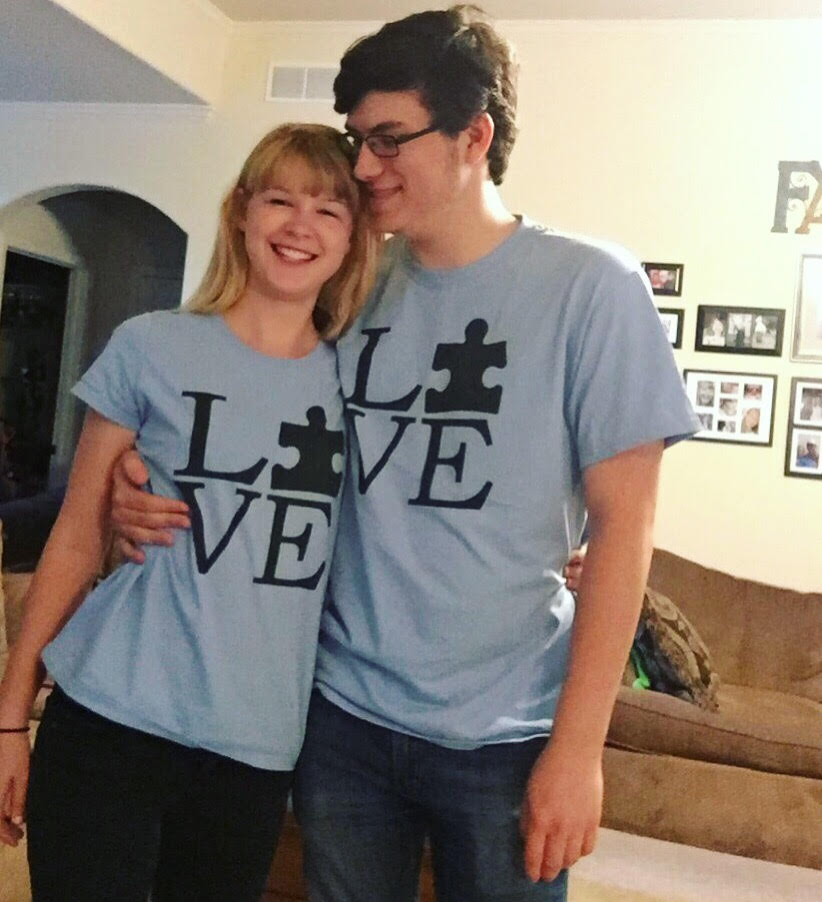As an adult with high functioning autism, I do everything a bit differently than most, so it should come as no surprise that I have a partner who is different than most.
He is kind, intelligent and compassionate. It sounds cliché, but before he and I began dating, some of his good friends were autistic! He is knowledgeable about autism, and what he can’t relate to, he tries to understand.
I believe the key to autism and dating is understanding and open communication. Most people would say that dating can be complex and difficult, when you add autism to the mix, it can bring a new set of unique challenges. Often, those of us on the spectrum have difficulties carrying out social norms in romantic relationships. It can be difficult for us to sit through a long meal and “appropriately” converse with our partner’s family members for various reasons. Many on the spectrum also have different needs when it comes to sensory input, touch specifically. Sometimes we might crave more touch than average, other times, even though we care deeply for our partner, we may not want to be touched by them. It’s nothing personal having to do with the other person, it’s just different sensory needs/perception.
Most autistic individuals prefer to have a schedule or a plan for upcoming activities. They may become upset if that schedule or plan is altered in some way, especially without a timely warning. Adapting to or working around another person’s routine can be challenging.
Every relationship has its difficulties, and every one unique to the involved individuals. Autism has a way of altering these difficulties. It is always important to have open communication! Both people need to be able to honestly speak their minds about a given situation or activity. When dating someone with autism, it is important to know how that persons autism affects them. In doing that, it’s advisable to crate a plan for working through and or preventing meltdowns. To someone who’s not used to it, helping an autistic person through a meltdown can be stressful and upsetting. No one wants to see their loved one hurting. That’s why it’s important to openly discuss what is helpful, and what’s not for a particular individual.
What people need to remember, is that children with autism, grow up to be adults with autism. We have the same feelings and urges as anyone else. We just tend to express them differently. The right partner is understanding of that. The right person will be accepting of an autism diagnosis, and both people will seek to grow together. Each person should support the other, even if it looks different than “normal”.
